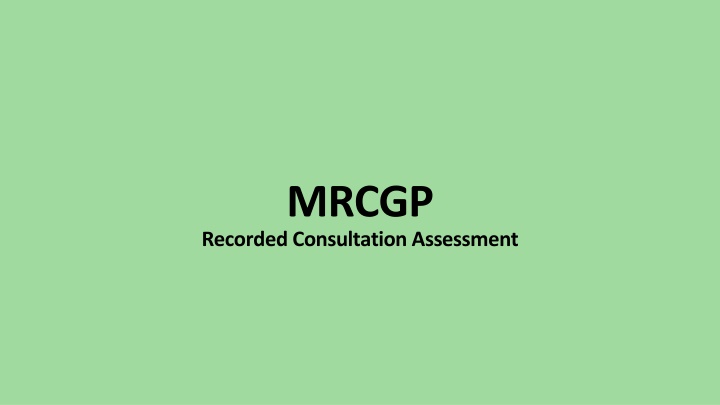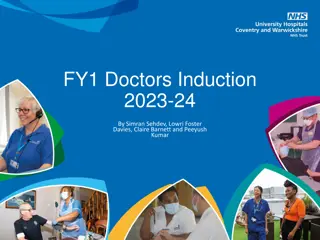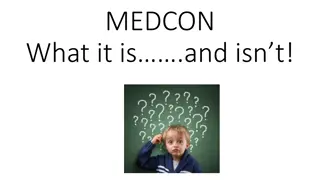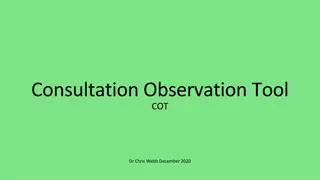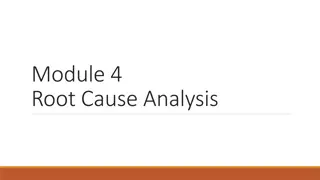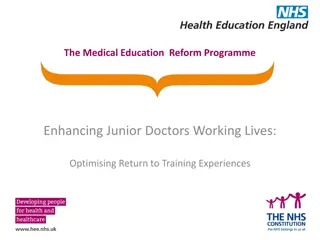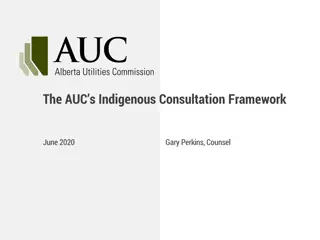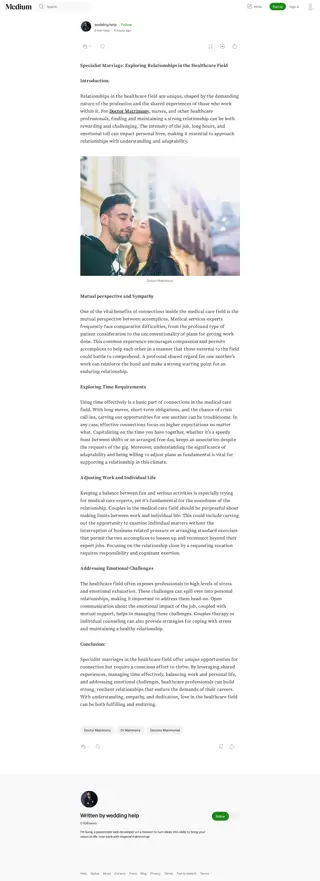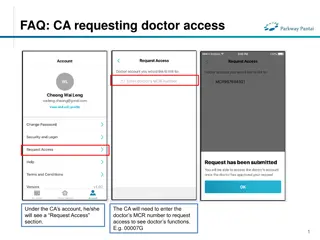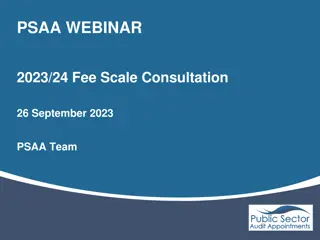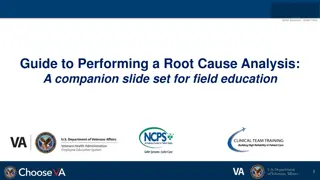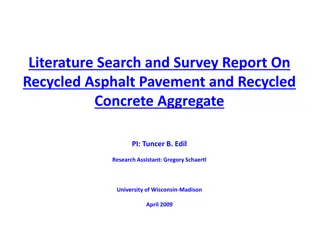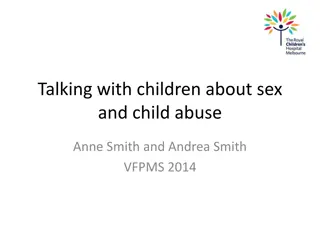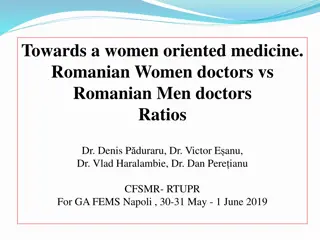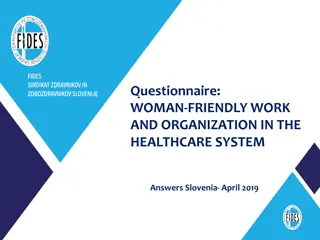Overview of RCA - Recorded Consultation Assessment for Doctors
RCA, introduced due to COVID-19, assesses doctors' abilities in clinical, professional, communication, and practical skills for general practice through pre-recorded consultations. It tests the integration of knowledge, person-centered care, evidence-based decisions, and effective communication in a primary care setting. Candidates undergo 13 recorded consultations, with various assessment criteria in place to ensure authenticity and competency evaluation.
Download Presentation

Please find below an Image/Link to download the presentation.
The content on the website is provided AS IS for your information and personal use only. It may not be sold, licensed, or shared on other websites without obtaining consent from the author.If you encounter any issues during the download, it is possible that the publisher has removed the file from their server.
You are allowed to download the files provided on this website for personal or commercial use, subject to the condition that they are used lawfully. All files are the property of their respective owners.
The content on the website is provided AS IS for your information and personal use only. It may not be sold, licensed, or shared on other websites without obtaining consent from the author.
E N D
Presentation Transcript
MRCGP Recorded Consultation Assessment
Due to safety issues created by COVID-19 the CSA became undeliverable during March 2020 due to safety issues. RCA developed to assess the same curriculum areas and capabilities as CSA with its 1st sitting in July 2020
A summative assessment of a doctor's ability to integrate and apply clinical, professional, communication and practical skills appropriate for general practice. It uses pre-recorded video or audio consultations to provides evidence from a range of encounters in general practice relevant to most parts of the curriculum and also provides an opportunity to target particular aspects of clinical care and expertise
The aim is to test a doctor's ability to gather information and apply learned understanding of disease processes and person-centred care appropriately in a primary care context, make evidence-based decisions, and communicate effectively with patients and colleagues. Being able to integrate these skills effectively is a key element of this assessment
Recorded in current working environment (may be at home) 13 recorded consultations Most cases conducted remotely ST3 Appropriate level of challenge to demonstrate safe & independent practice Audio / video / face to face (audio most popular) Appropriate consent established Continuous recording ES or CS verifies candidates identity and that consultations are genuine Choice of consultations should be the candidates Most candidates record directly on to 14F No editing Examiners watch for 10m remotely in virtual groups of 14 with support All cases submitted should not be used for WBPA Mark each case in 3 domains: DG, CM and IPS Assessed by examiners
Mandatory criteria One case involving a child aged 16y or younger (including by proxy) Minimum of one older adult (>65y) Minimum of one case involving each of: An acute problem that needs urgent investigation or referral Maternal and reproductive health A Mental Health Condition within the DSM or ICD classifications A long-term condition e.g. cancer, multimorbidity or disability
Examination Minimum of 2 cases requiring either a clinical examination or an explanation of the clinical examination required to the patient (psychiatric examinations are included in this definition) Clinical Examination is still considered an important component of the assessment and remains essential within the practical and ethical constraints of a recorded consultation It is not sufficient to merely state that an examination is required
Swimsuit area For children up to age 2 years the area which would normally be expected to be covered by a nappy For all male patients over the age of 2 years the area which would be covered by Trunks For all female patients over the age of 2 years the area which would be covered by a bikini ie the trunks area and breast
Recommended criteria No more than 2 cases where the focus of the consultation lies in any one of the Clinical Topic Areas as listed in the GP curriculum. The spread of cases should be broad to demonstrate competence across the GP curriculum Varying spread of clinical cases and levels of challenge in the consultation. Consideration should be given to the complexity of the consultations submitted, for example in terms of patient expectations, beliefs, social situation, psychological issues, hidden agendas
Complicating factors (eg patient expectations, beliefs, psychological issues, social situation, hidden agendas) Complicating factors absent Multiple factors present Some factors present Extremely challenging consultation excellent opportunity to display capabilities but case likely to be hard to complete in 10 minutes Very challenging consultation excellent opportunity to display capabilities Challenging consultation good opportunity to display capabilities High clinical challenge Moderate level of challenge in consultation some opportunity to display capabilities Very challenging consultation excellent opportunity to display capabilities Challenging consultation good opportunity to display capabilities Moderate clinical challenge Low level of challenge in consultation very limited opportunity to display capabilities (insufficient evidence) Moderate level of challenge in consultation some opportunity to display capabilities Challenging consultation good opportunity to display capabilities Low clinical challenge
Each consultation will be viewed independently by at least one examiner who will make a global judgement of that consultation, attributing marks in three domains - data gathering, clinical management and interpersonal skills Each domain will earn a grade of Clear Pass / Pass / Fail or Clear Fail The first ten minutes of the consultation submitted will be assessed. This time will not include any time for verbal consent that is recorded The time taken for examinations will be part of that ten minutes. The camera should run continuously and not be turned off during the consultation
Clear Pass (CP) The candidate demonstrates a high level of competence, with a justifiable clinical approach that is fluent, appropriately focussed and technically proficient There is sufficient evidence provided to demonstrate capability in this domain The candidate shows sensitivity, actively shares ideas and may empower the patient
Pass (P) The candidate demonstrates an adequate level of competence, with a clinical approach that may not be fluent but is justifiable and technically proficient The lack of complexity in the case presented restricts the achievement of a Clear Pass grade The candidate shows sensitivity and tries to involve the patient
Fail (F) The candidate fails to demonstrate adequate competence, with a clinical approach that is at times unsystematic or inconsistent with accepted practice. Technical proficiency may be of concern There is limited (new) evidence provided to demonstrate capability of a doctor sufficient for safe independent UK General Practice The patient is treated with sensitivity and respect, but the doctor does not sufficiently facilitate or respond to the patient s contribution
Clear Fail (CF) The candidate clearly fails to demonstrate competence, with a clinical approach that is incompatible with accepted practice, arbitrary or technically incompetent There is no evidence or very limited evidence provided to demonstrate capability of a doctor sufficient for safe independent UK General Practice in this domain The patient is not treated with adequate attention, sensitivity or respect for their contribution
Data gathering, Technical and Assessment Skills Takes a focussed history to allow for a safe assessment to take place Elicits and develops relevant NEW information Rules in or out serious or significant disease Considers and/or generates any appropriate diagnostic hypotheses Explores where appropriate the impact and psychosocial context of the presenting problem Plans, explains and where possible, performs appropriate physical/mental examinations and tests Appears to recognise the issues or priorities in the consultation
Decision Making and Clinical Management Skills Appears to make a safe and appropriate working diagnosis/es Offers appropriate and safe management options for the presenting problem Where possible, makes evidence-based decisions re prescribing, referral and co-ordinating care with other health care professionals Makes appropriate use of time and resources whilst attending to risks Provides safety netting and follow up instructions appropriate to the nature of the consultation
Interpersonal Skills Encourages the patient's contribution, identifying and responding to cues appropriate to the consultation Explores where appropriate, patient s agenda, health beliefs & preferences Offers the opportunity to be involved in significant management decisions reaching a shared understanding When undertaken, explains and conducts examinations with sensitivity and obtains valid consent Provides explanations that are relevant, necessary and understandable to the patient
Global Disorganised and or unstructured consultation Does not recognise the issues or priorities in the consultation Shows poor time management Poor choice of consultation. Does not demonstrate capability in consulting skills sufficient for independent UK general practice
Data gathering, technical and assessment skills Insufficient evidence of data gathering skills to demonstrate capability of safe independent UK General Practice Inadequate history taken to enable safe assessment of disease and its severity Does not elicit and develop adequate amount of new information to demonstrate capability Does not consider and / or test an adequate range of differential diagnoses Does not identify or use appropriate psychological or social information to place the problem in context Does not offer / undertake appropriate physical mental examination as part of the diagnostic process Does not recognise the implications of any abnormal findings or results
Decision making and clinical management Insufficient evidence of decision making and clinical management skills to demonstrate safe independent UK General Practice Does not identify an appropriate range of differential diagnoses and / or form a reasoned working diagnosis Does not develop a management plan (including prescribing and referral) reflecting knowledge of current best practice The choice of management was unclear due to missing information Does not demonstrate an awareness of management of risk or make the patient aware of relative risks of different options Does not show appropriate use of resources, including aspects of budgetary governance Does not make adequate arrangements for follow-up and safety netting
Interpersonal skills Insufficient evidence of interpersonal skills to demonstrate safe independent UK General Practice Does not demonstrate active listening skills, limited exploration and use of cues Does not develop a shared understanding, demonstrating an ability to work in partnership with the patient Does not acknowledge or use the patient's contribution to the consultation including consent Does not use language and / or explanations that are relevant and understandable to the patient Does not treat the patient with appropriate respect and / or sensitivity during the consultation
Why candidates fail Poor choice of cases eg multiple problems, follow up Insufficient evidence for independent UK GP : Low challenge Fail to score in each domain: DG, CM, IPS.. No structure to consultation Hospital based / Dr centred / rigid consulting Failing to involve the patient Don t listen and lack empathy Unable to see / discover the issue Poor clinical knowledge Poor technical quality: Usually internet connection
